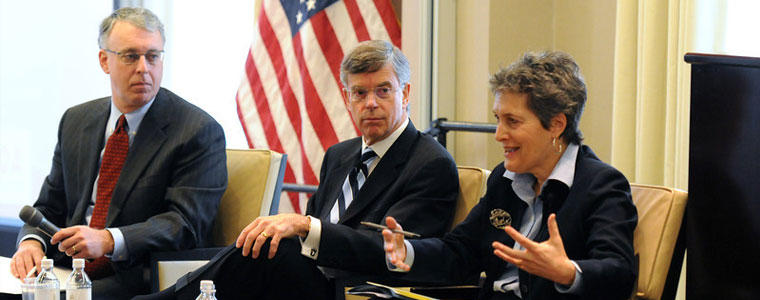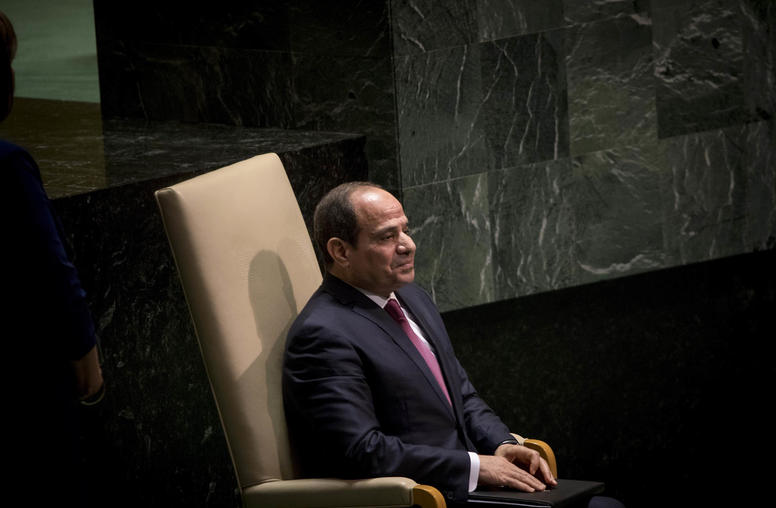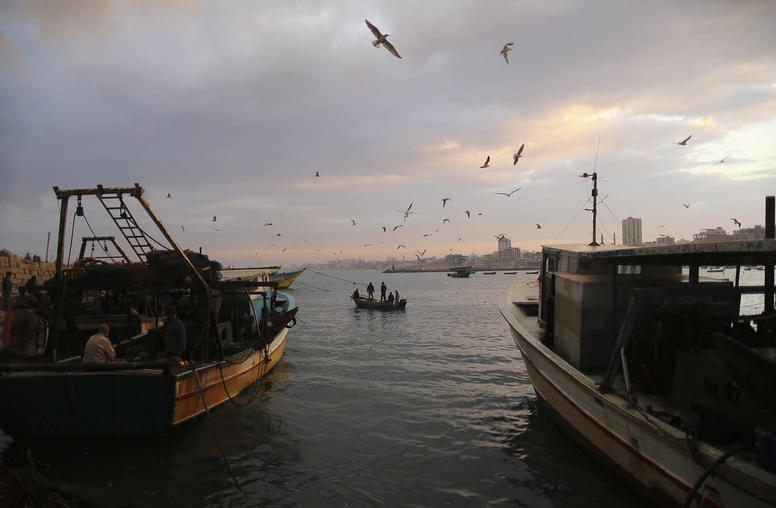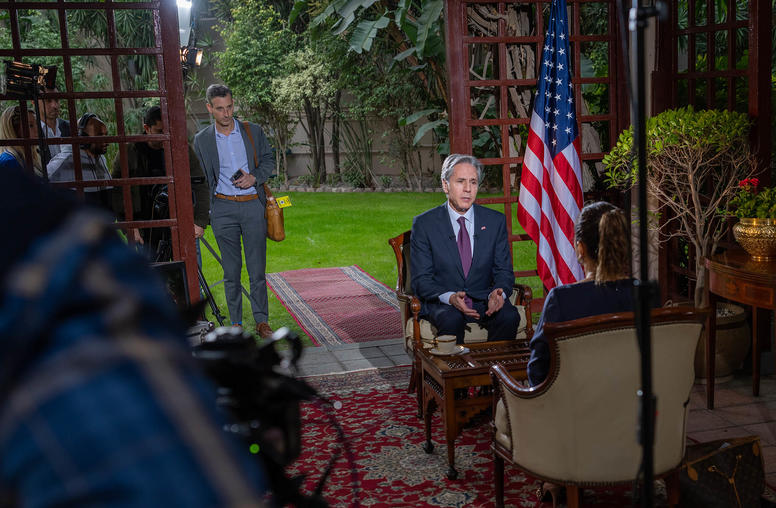A Year of Turmoil: The Arab Uprisings and the Challenges of Reconstruction
On Feb 16, 2012, Ambassador William B. Taylor, special coordinator for Middle East Transitions at the U.S. Department of State and Ellen Laipson, President and CEO of the Stimson Center met for the second in a series of breakfast briefings organized by the United States Institute of Peace in partnership with the Defense Education Forum of the Reserve Officers Association.
Read the event coverage, Challenges of Reconstruction after Arab Uprisings Discussed at USIP-ROA Briefing

The uprisings in the Middle East and North Africa have been accompanied by horrific levels of violence, particularly in Libya, Yemen and Syria. Post-authoritarian transitions will require a focus not only on building the institutions needed to sustain democracies, but also a focus on the myriad issues associated with post-conflict reconstruction. This includes economic stabilization, security sector reform, transitional justice and building the rule of law in societies that have seen little lawfulness for decades.
Ambassador William B. Taylor, special coordinator for Middle East Transitions at the U.S. Department of State and Ellen Laipson, president and CEO of the Stimson Center examined the challenges of post-conflict reconstruction in countries impacted by the Arab Awakening and identify key entry points for U.S. and international assistance. The discussion was moderated by Steven Heydemann, senior adviser for Middle East Initiatives at the U.S. Institute of Peace.
This is the second in a series of breakfast briefings organized by the United States Institute of Peace in partnership with the Defense Education Forum of the Reserve Officers Association.
Speakers
- Ambassador William B. Taylor, Discussant
Special Coordinator for Middle East Transitions
U.S. Department of State - Ellen Laipson, Discussant
President and CEO
The Stimson Center - Steven Heydemann, Moderator
Senior Advisor for Middle East Initiatives
U.S. Institute of Peace
Explore Further
- The Arab Awakening
As the dramatic events of the Arab Spring turn to the more mundane yet vital work of governance, constitution writing and peacebuilding, USIP is on the ground, bringing its unique brand of action and expertise to the effort.



